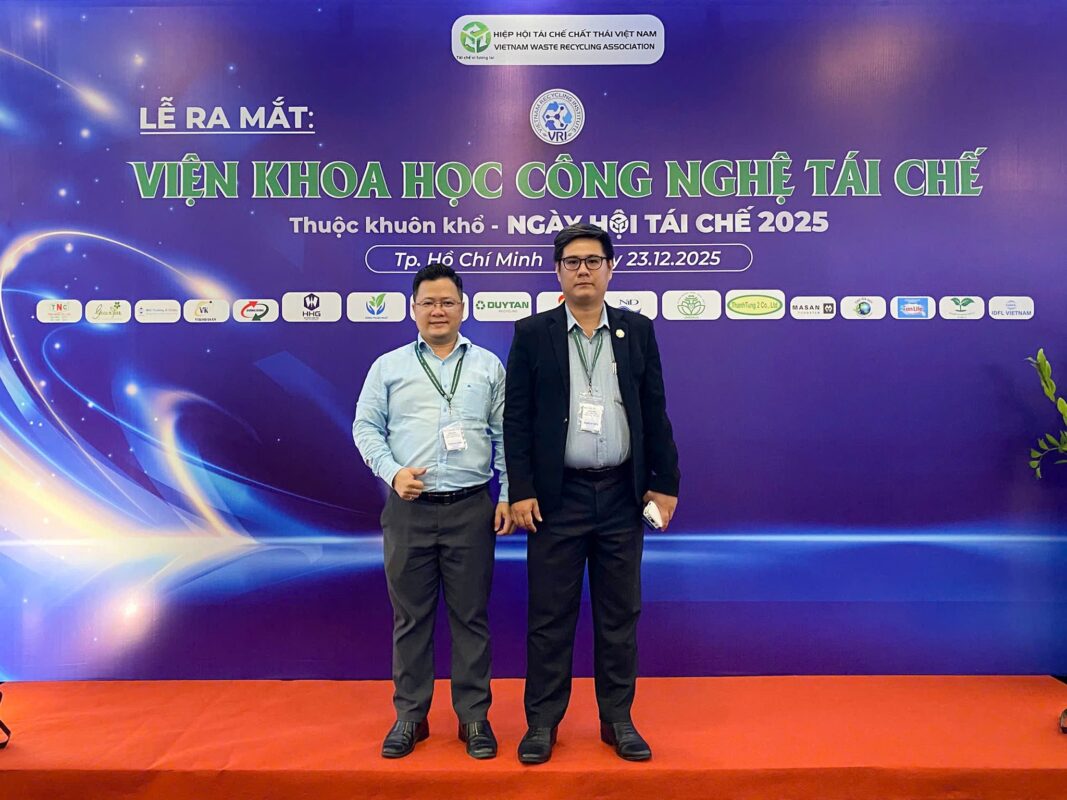Tìm cơ hội hỗ trợ, phát triển tín chỉ carbon tại Việt Nam trong tương lai
Sáng ngày 22/5/2024, tại Hà Nội, Hội Nước sạch và Môi trường Việt Nam cùng với Công ty cổ phần Sàn giao dịch tín chỉ Carbon ASEAN (CCTPA), đã có buổi làm việc nhằm trao đổi tìm cơ hội hỗ trợ, phát triển tín chỉ carbon tại Việt Nam trong tương lai.
Cơ hội cho thị trường tín chỉ carbon
Tại buổi làm việc, TS. Nguyễn Linh Ngọc – Chủ tịch Hội Nước sạch và Môi trường Việt Nam giới thiệu về Hội và các hoạt động của Hội. Chia sẻ về định hướng cũng như các chính sách phát triển sàn tín chỉ carbon tại Việt Nam trong khuôn khổ công việc mà Hội nước sạch và Môi trường Việt Nam có thể đồng hành cùng Doanh nghiệp, nhất là hội viên của Hội.
.jpg)
Chia Sẻ
Cũng tại buổi làm việc, các đơn vị cũng đã giới thiệu về doanh nghiệp của mình và công nghệ muốn triển khai tại Việt Nam. Đồng thời chia sẻ mục tiêu và các hoạt động mà các đơn vị dự định triển khai công tác xúc tiến thành lập sàn tín chỉ carbon tại Việt Nam. Qua đó đề xuất mong muốn về sự hợp tác, hỗ trợ cụ thể từ phía Hội nước sạch và Môi trường Việt Nam.

Bà Trần Thị Minh Hà – Nguyên Vụ trưởng Vụ hợp tác quốc tế – Bộ TN&MT – Trưởng ban đối ngoại Hội Nước sạch và Môi trường Việt Nam đã chia sẻ về tiến trình phát triển sàn giao dịch tại Việt Nam cũng như những cơ hội mà các Doanh nghiệp tại Việt Nam có thể xây dựng và hoạt động trong lĩnh vực kinh doanh sàn giao dịch này tại Việt Nam.

Buổi làm việc cũng đã thảo luận về các nội dung mà hai bên có thể hợp tác để đáp ứng nhu cầu của CCTPA và đối tác.
COP28: CT GROUP HỢP TÁC VỚI AIRCARBON EXCHANGE PHÁT TRIỂN LĨNH VỰC GIẢM PHÁT THẢI
Thông tin
Thị trường carbon khởi động từ năm 1997, với việc thông qua Nghị định thư Kyoto của Liên Hợp Quốc về biến đổi khí hậu. Theo Nghị định thư này, các quốc gia phát triển có nghĩa vụ giảm phát thải khí nhà kính, bằng cách giảm phát thải trực tiếp, hoặc mua lại các chứng chỉ giảm phát thải từ các quốc gia khác. Từ đó, trên thế giới xuất hiện loại hàng hóa mới là các chứng chỉ giảm/hấp thụ phát thải khí nhà kính. Hàng hoá giao dịch được gọi chung là mua bán, trao đổi carbon, hình thành nên thị trường carbon hay thị trường tín chỉ carbon.
Hiện nay, trên thế giới có 58 quốc gia phát triển thị trường carbon, 27 quốc gia áp dụng thuế carbon và một số quốc gia áp dụng cả hai. Các quốc gia này xây dựng sàn giao dịch tín chỉ carbon và đã có nhiều giao dịch, nguồn thu về rất lớn, tạo xu hướng cho các nước chưa tham gia thị trường carbon.
Việt Nam được coi là nước có tiềm năng lớn về nguồn cung ứng tín chỉ carbon Riêng ngành nông nghiệp có thể đạt 57 triệu tín chỉ carbon mỗi năm, tương đương 57 triệu tấn CO2 được hấp thụ. Việc mua bán tín chỉ giảm phát thải trên thị trường là phương pháp tiên tiến được ngày càng nhiều quốc gia triển khai, đã tạo ra thị trường carbon trên thế giới và ở Việt Nam.
Nguồn: Tạp chí điện tử Môi Trường & Cuộc Sống.





